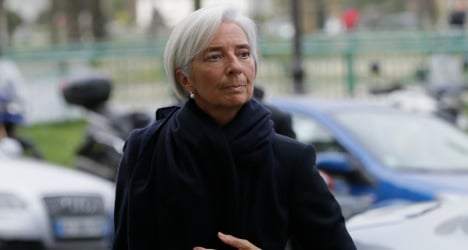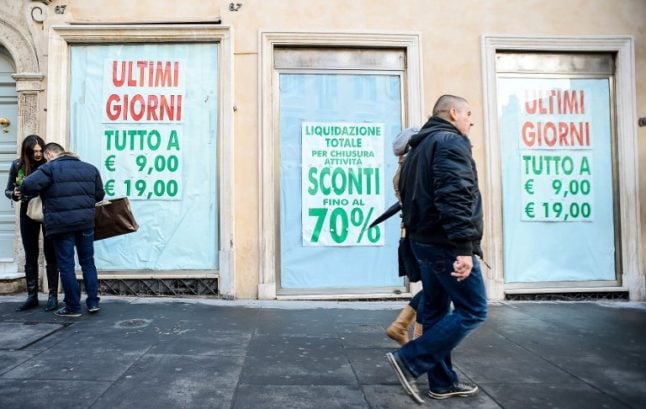"It's clearly going to be very soon, as soon as possible," said spokesman Gerry Rice at a news conference, without giving a precise date.
A Paris court placed Lagarde under formal investigation earlier this week on suspicion of "negligence" in a 2008 corruption case dating back to when she was a French finance minister.
The IMF board of executive directors, representing the global lender's 188 member states, was expected to again support the managing director, who has led the Fund since July 2011.
"The board has been briefed on this matter on a regular basis… and on each of those occasions they have expressed confidence in the ability of the managing director to effectively carry out her duty," Rice said.
The spokesman emphasized that Lagarde had said she had no intention of resigning. He added that she was back at work at the IMF and would brief the board on the matter.
"We should be careful. There are no charges that have been made against the managing director," Rice said. "There's an allegation."
In France, being placed under formal investigation is the nearest equivalent to being charged, and occurs when an examining magistrate decides there is a case to be answered.
But at this stage under French law, the judge may decide to remove Lagarde from being under investigation, and she would not face prosecution.
Lagarde said Wednesday she would appeal the court decision, saying it was "totally without merit."
The negligence allegation relates to her handling of a €400 million($527 million) state payout to disgraced French tycoon Bernard Tapie in 2008.
Lagarde referred the dispute between Tapie and partly state-owned bank Credit Lyonnais to a three-member arbitration panel that ruled in favor of Tapie and ordered the payout.
According to Rice, it is the first time in the 70-year history of the IMF that its leader has been placed under investigation by the person's native country for actions made before taking the post.
Lagarde's predecessor, French politician Dominique Strauss-Kahn, was forced to resign in 2011 following accusations he sexually assaulted a hotel maid in New York.




 Please whitelist us to continue reading.
Please whitelist us to continue reading.
Member comments